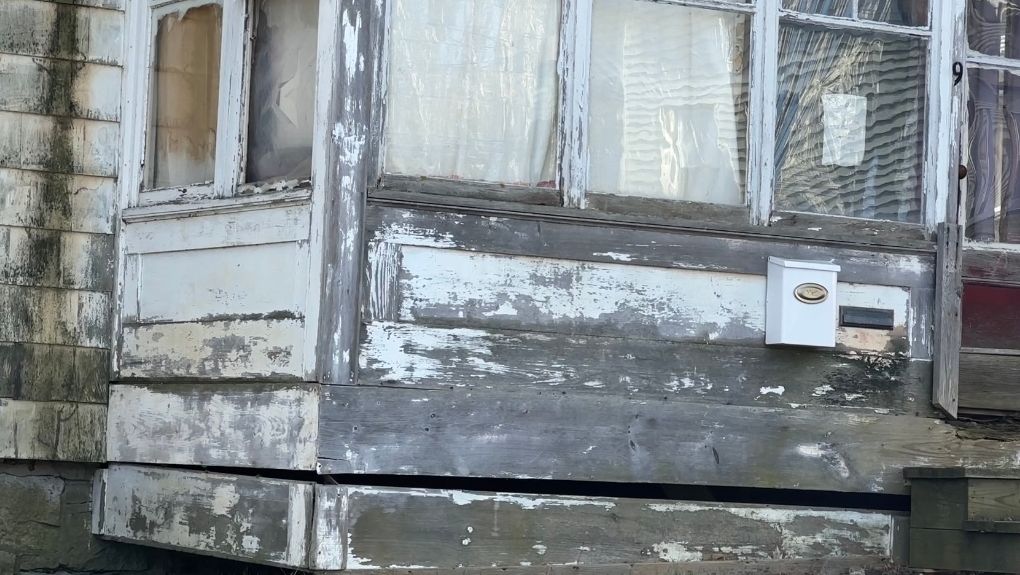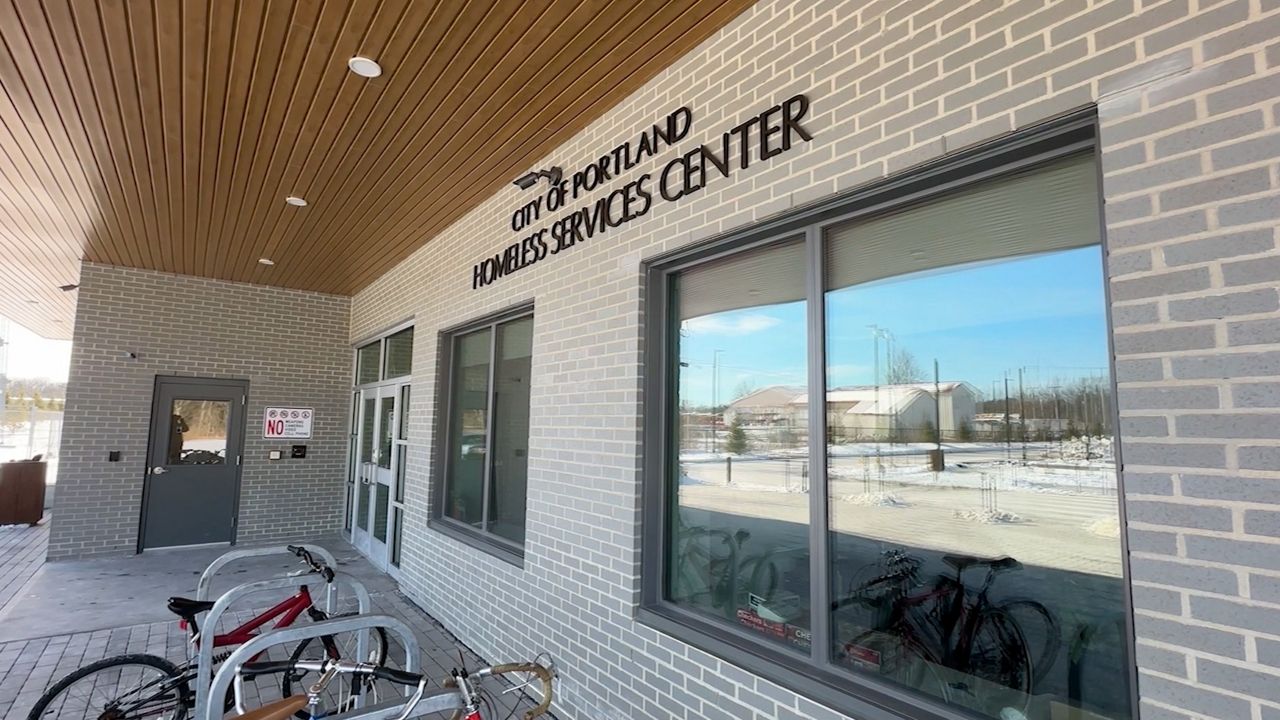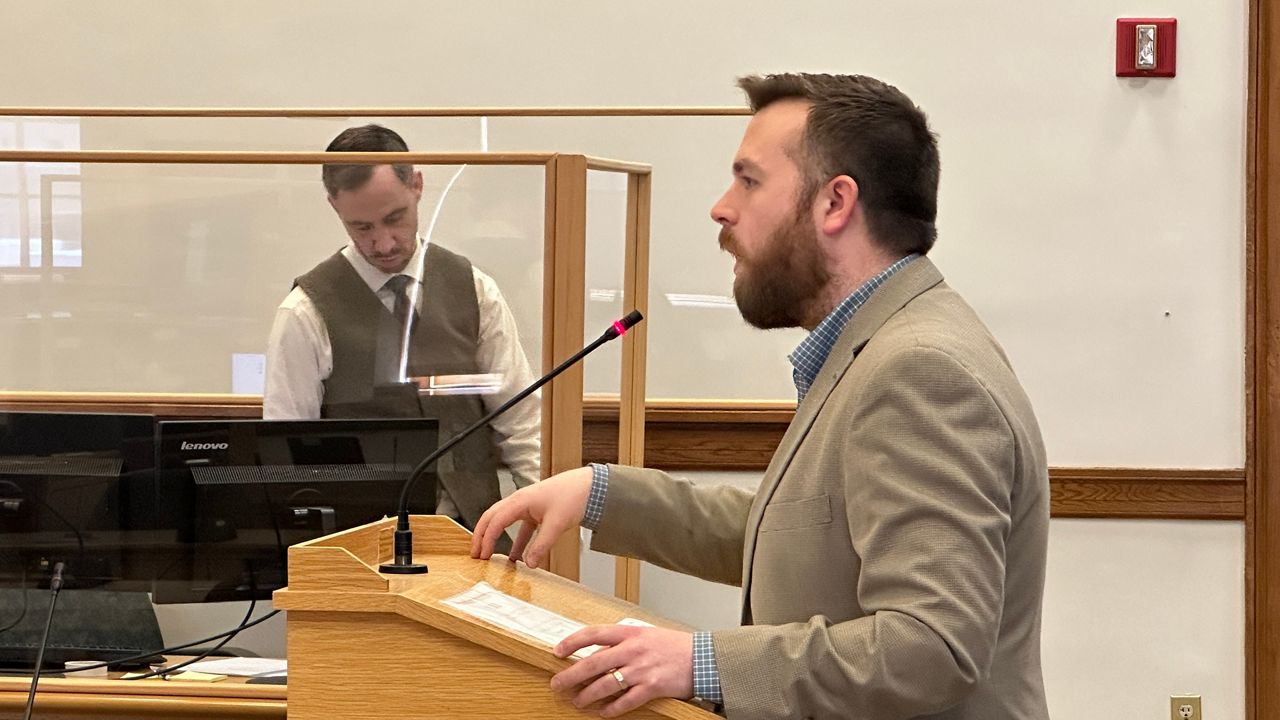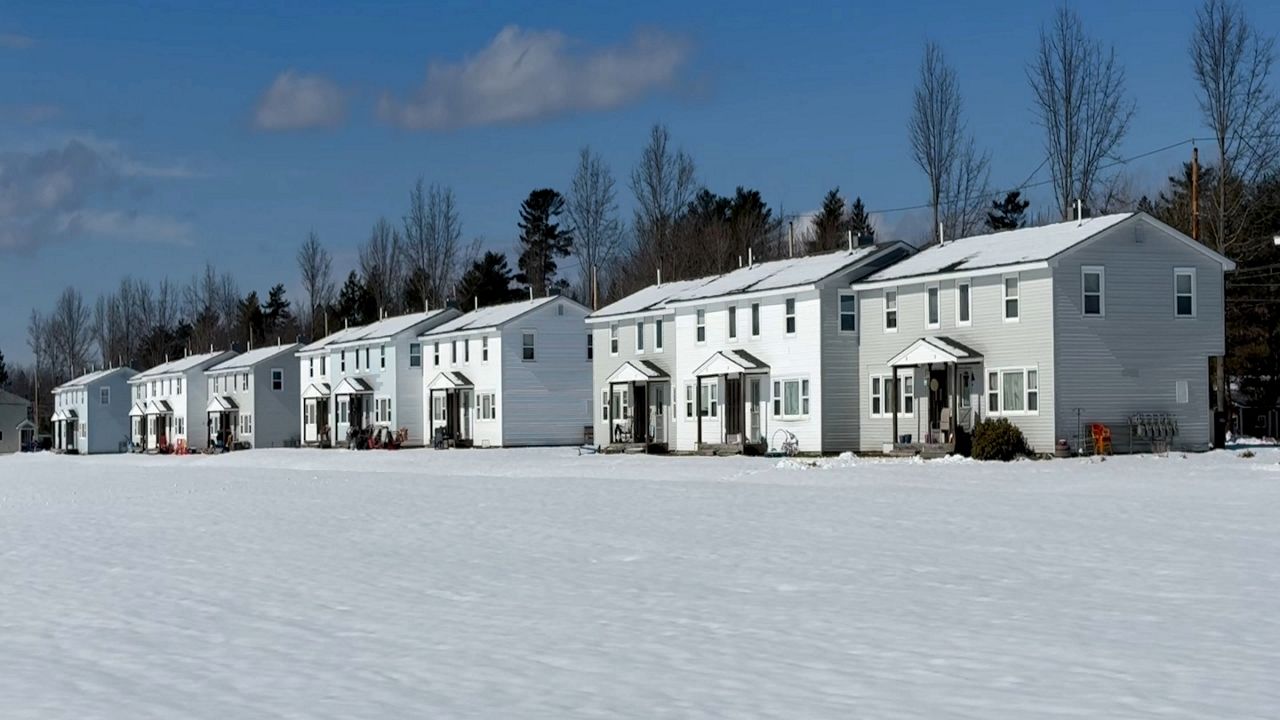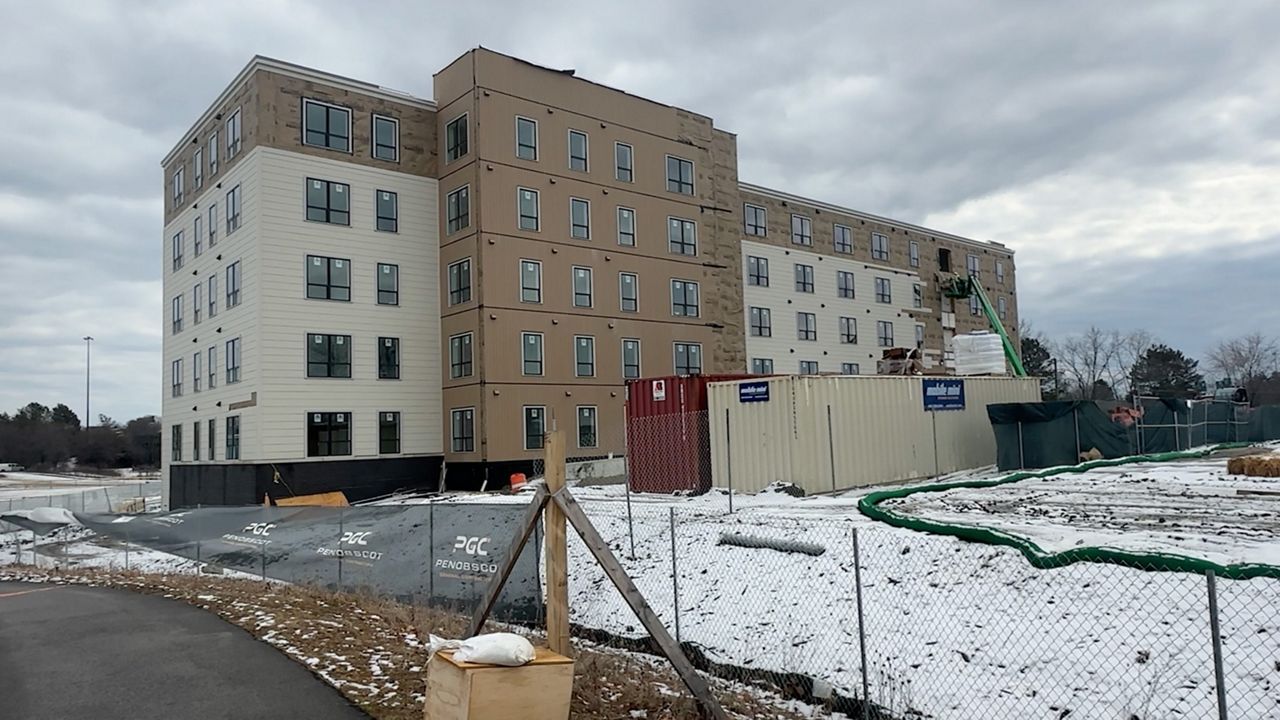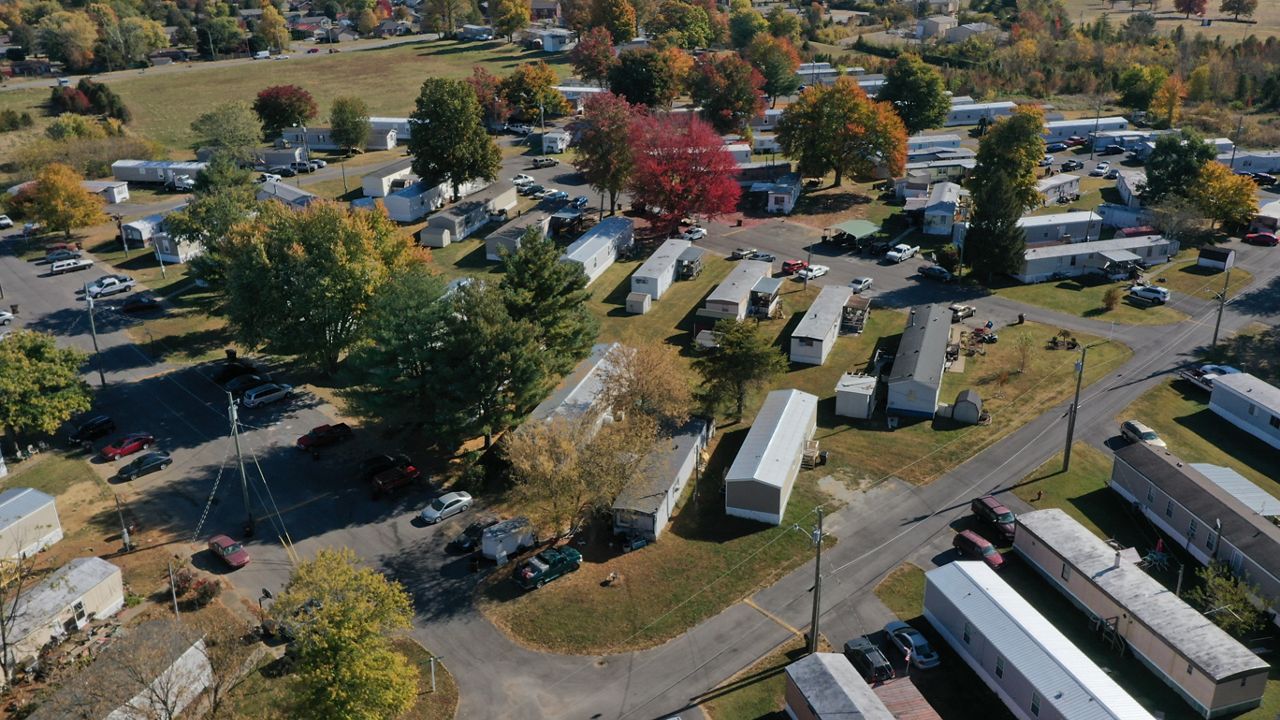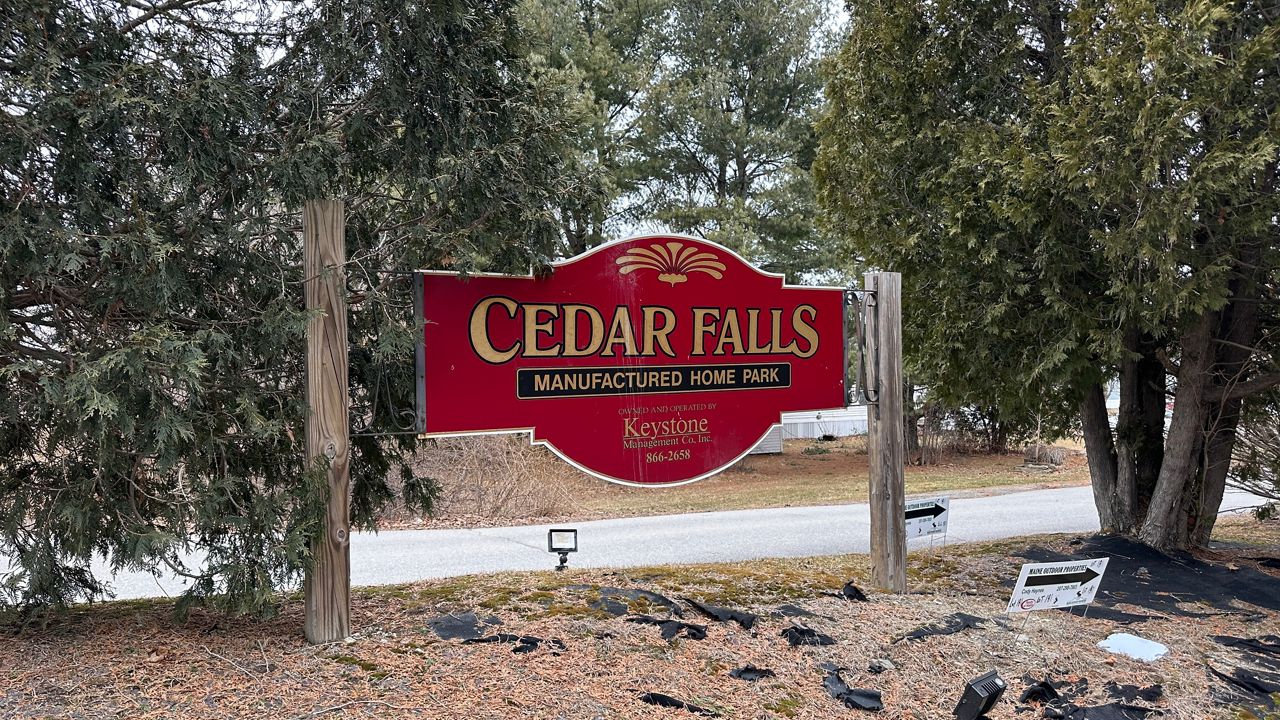WATERVILLE — Two new programs in the city are designed to help revitalize neighborhoods and encourage homeownership.
With the help of federal pandemic relief funds, the city launched Waterville Empowering Affordable Living Through Homeownership — also known as the WEALTH Revolving Loan Fund.
Community Development Specialist Michael Hall said the $375,000 fund is designed to give low interest loans to nonprofits that rehabilitate or build homes that will be sold to those with low and moderate incomes.
“Waterville’s got a severe deficit with single-family housing,” Hall said. “Almost two-thirds of the population are renters and live in renter occupied housing.”
The city’s housing committee designed the loan fund — and a companion grant program for repairs to owner-occupied homes — in an effort to pump money out quickly to address the need.
“The fastest way to accrue generational wealth is through being a homeowner,” he said.
The city launched the program at the end of October and Hall said he’s received a lot of interest.
For many local groups, the challenge recently has been that even homes that need significant repairs are for sale above the assessed value. That means that banks won’t give them loans in the full amount they need to rehabilitate the property.
That’s where the city loan fund comes in.
“This would open up the door to help them get the funding to make these repairs and then put these homes on the market,” he said.
Those who participate in the program must sell to those who make the median area income or less, which in Waterville, is about $45,000.
The maximum loan amount is $50,000 per unit. Nonprofits based outside of Waterville are welcome to apply as long their primary mission is to provide affordable homes.
The grant fund contains $100,000 and is designed to help low-income homeowners who need help with things like siding, paint, windows, insulation, heating and air conditioning. Those who need help would ask the nonprofit to apply for the funds on their behalf and the nonprofit would oversee the work, Hall said.
The maximum grant is $25,000 per project and once the funds are gone, the program will end.
“Our hope is to revitalize these neighborhoods by bringing a sense of community back to them,” he said.
Applications for both programs are available on the city website.





